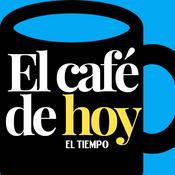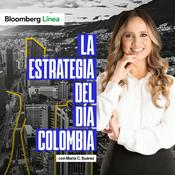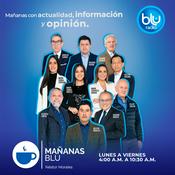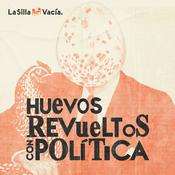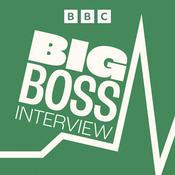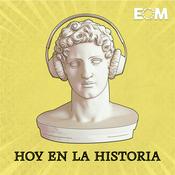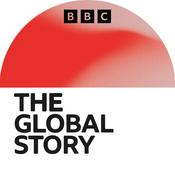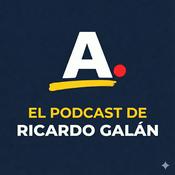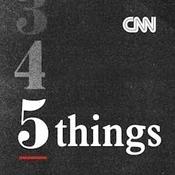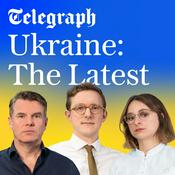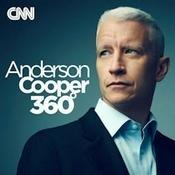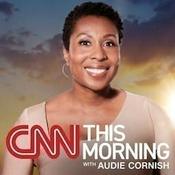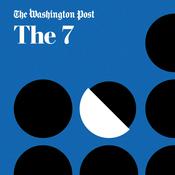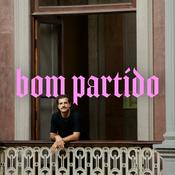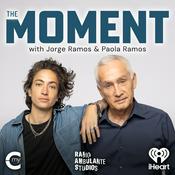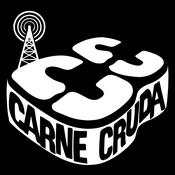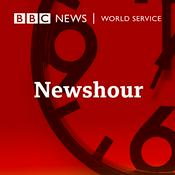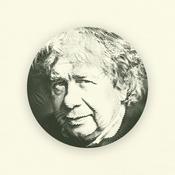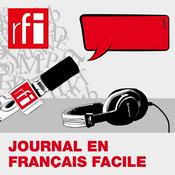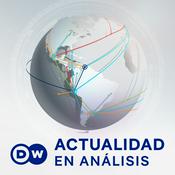106 episodios
- In this episode of How to Fix Democracy, host Andrew Keen sits down with Cynthia Miller-Idriss - scholar of extremism, founder of the Polarization and Extremism Research and Innovation Lab (PERIL), and author of Man Up: The New Misogyny and the Rise of Violent Extremism. Together they eplore one of democracy's most fragile foundations: trust.
From gender polarization and the rise of the "manosphere", to the declining institutional confidence, to why young men are increasingly vulnerable to online radicalization, Miller-Idriss explains how mistrust is reshaping politics, culture, and everyday relationships. She also discussed what might work to rebuild trust - from community level engagement to national service models - and why belonging, meaning and purpose might be the most powerful antidotes to extremism.
A wide-ranging, urgent conversation about loneliness, democracy and whether America can restore trust before it is too late. Miller-Idriss offers a note of cautios optimism: most people, she argues, don't actually want to live this way. - In this episode of How to Fix Democracy, host Andrew Keen speaks with Derek Leebaert - historian, technologist and author of Unlikely Heroes - about the shifting foundations of trust in democracy. From Franklin D. Roosevelt's efforts to rebuild confidence in government during the New Deal era to today's rapid rise of articifical intelligence, Leebaert traces how accelerating technological change has shortened the lifespan in trust in institutions, leaders, and even truth itself.
As AI transforms knowledge, work and power, is it a threat to democracy or a chance to renew it? Leebaert explores what "responsible AI" might look like - and why transparancy, accountability, and common-sense regulation are vital in restoring trust in a digital age. - Can democracy survive without trust in the law? In this episode of How to Fix Democracy, host Andrew Keen speaks with Burt Neuborne, founding legal director of the Brennan Center for Justice and professor of law at NYU, about the complex relationship between law and trust in America. From Hobbes and Rousseau to Madison, Lincoln, and the U.S. Constitution itself, Neuborne explores how law can both deter or worst instincts and inspire our better angels.
- Is mistrust a defining feature and flaw in American democracy? Or is it a manifestation of basic opposition against long-term democratic and aspirational concepts such as "all men are created equally"? In this thought provoking conversation author and historian Richard Kreitner joins Andrew Keen to explore the deep mistrust in U.S. political life. Drawing on themes from his book Break it up: Secession, Division, and the Secret History of America's Imperfect Union. Kreitner traces the fractured origins of the American project, argues that national cohesion may be neither possible nor desirable at the continental scale, and makes the provocative case, that mistrust - even secessionist thinking - can sometimes be a rational response to genuine democratic failures. A timely conversation that challenges prevailing narratives about unity and the Constitution in an age of polarization and rising political anxiety.
Joan Williams | Outclassed: Rebuilding Trust Between Political Elites and the Working Class
01/7/2025 | 33 minLegal scholar and author Joan Williams joins How to Fix Democracy to unpack the breakdown of trust between political elites and the American working class. Drawing from her new book Outclassed, Williams explores how class-blindness, cultural signaling, and economic inequality have shaped political divides - and what the left must do to win back working class voters. From language to long-term coalition-building, this episode offers a sobering but essential roadmap for restoring trust.
Más podcasts de Noticias
Podcasts a la moda de Noticias
Acerca de How to Fix Democracy
Since its origins, democracy has been a work in progress. Today, many question its resilience.
How to Fix Democracy, a collaboration of the Bertelsmann Foundation and Humanity in Action, explores practical solutions for how to address the increasing threats democracy faces. Host Andrew Keen interviews prominent international thinkers and practitioners of democracy.
Sitio web del podcastEscucha How to Fix Democracy, El café de hoy y muchos más podcasts de todo el mundo con la aplicación de radio.net

Descarga la app gratuita: radio.net
- Añadir radios y podcasts a favoritos
- Transmisión por Wi-Fi y Bluetooth
- Carplay & Android Auto compatible
- Muchas otras funciones de la app
Descarga la app gratuita: radio.net
- Añadir radios y podcasts a favoritos
- Transmisión por Wi-Fi y Bluetooth
- Carplay & Android Auto compatible
- Muchas otras funciones de la app


How to Fix Democracy
Escanea el código,
Descarga la app,
Escucha.
Descarga la app,
Escucha.

